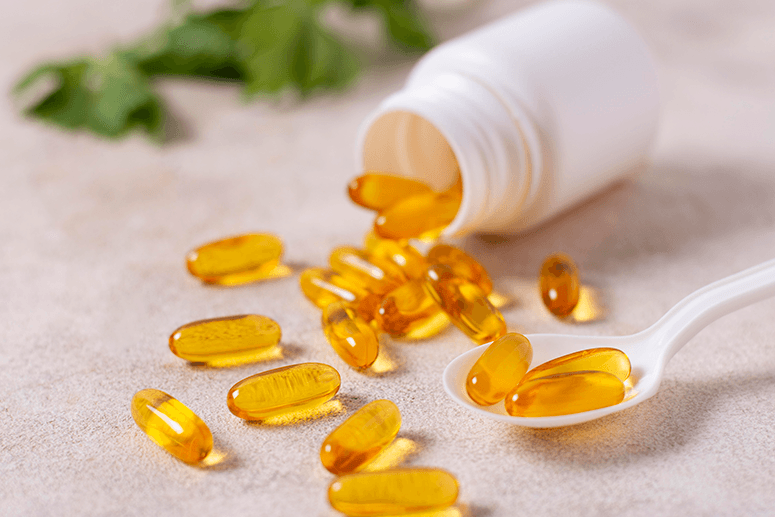A daily dose of fruits and veggies can make you happier
Everybody wants to be happy. And there are so many factors that can make that megawatt smile on your face last a lifetime. But have you considered that food on your plate can also impact your happiness?
We have been told countless times to make our meals colorful by adding lots of fruits and vegetables. We know that they are loaded with vitamins, minerals, fiber and antioxidants. Yet information about what is good for you doesn’t translate to automatic obedience.
In fact, many confess that they do not consume the required 2.5 cups of fruits and vegetables daily.
Will you start incorporating fruits and vegetables in your diet if it can improve your mental health? It was reported that in Australia only six percent of people comply with the daily requirement for vegetables and only three percent comply with the recommended serving of fruits. If I relate that to almost 20 percent gym membership penetration compared to our five percent, then that means that only 1.5 percent of the Filipino population most likely comply with the 2.5-cup requirement. Let us hope I am wrong.

The very low number prompted researchers to look for other benefits connected to eating more fruits and veggies, thus the link to psychological health. More than 12,000 participated in the study over the course of three years. Factors like diet, health, happiness, life satisfaction and well-being were analyzed. The research concluded that all three increased for every additional daily portion of fruits and vegetables consumed.
The positive correlation peaked at eight servings or four cups of fruits and vegetables every day. The researchers even likened the effect on a person who consumes eight servings from nothing at all to the increase in life satisfaction of someone getting stable employment after being unemployed for a long time.
The researchers also found out that it was far more effective to campaign for an increase in fruit and vegetable consumption by linking it to positive mental health than to tie its benefits to cancer prevention. They reasoned that happiness or a good mood is more of an instant benefit rather than cancer prevention, which might take 10 years for the benefit to manifest.
.png)
"Eating fruit and vegetables apparently boosts our happiness far more quickly than it improves human health," Redzo Mujcic, a health economics research fellow at the University of Queensland in Australia and the co-author of the study, said in a statement. While a lot of research has shown that eating more fruits and vegetables leads to improvements in physical health, these benefits typically occur over longer periods of time.
"People's motivation to eat healthy food is weakened by the fact that physical-health benefits, such as protecting against cancer, accrue decades later," Mujcic said.

In contrast, improvements in psychological well-being may happen faster, he added.
The findings of the study, first published on Live Science but was also published in the August issue of the American Journal of Public Health, may help doctors convince people to eat more fruits and vegetables. "Perhaps our results will be more effective than traditional messages in convincing people to have a healthy diet," Mujcic said. "There is a psychological payoff now from fruit and vegetables, not just a lower health risk decades later."
Higher levels of carotenoids in produce, such as tomatoes and carrots, are connected to higher levels of optimism. Carotenoids are antioxidants that give these produce their vibrant colors.
There are also reports that an increased intake of vitamin B12 may boost a neurotransmitter in the brain called serotonin. This plays an important role in producing your happy mood. Studies support a link between B vitamins in spinach, Brussels sprouts, and oranges, for example, and serotonin production.

Researchers calculated that if someone went from eating no fruits/veggies to eating eight servings a day, they’d experience a .24 percent increase in their happiness score. That may not sound like a lot, but it’s the same level of boost one gets from going from unemployed to employed, according to study co-author Dr. Andrew Oswald, a professor of behavioral science at the University of Warwick in England.
Even if you already eat fruits and vegetables, increasing your intake even more may produce a bump in happiness, Oswald added. Aim for eight servings a day. That would mean four cups of fresh, frozen, or canned fruits and vegetables according to the American Heart Association.
Further study is looking at other factors that could possibly explain the connection between well-being and eating produce. These include the multiple benefits of antioxidants and the role of fiber in maintaining a good gut bacteria population, which can indirectly affect the brain.
While there can be other reasons to explain a possible association, the message is crystal clear: fruits and veggies are good for you!


